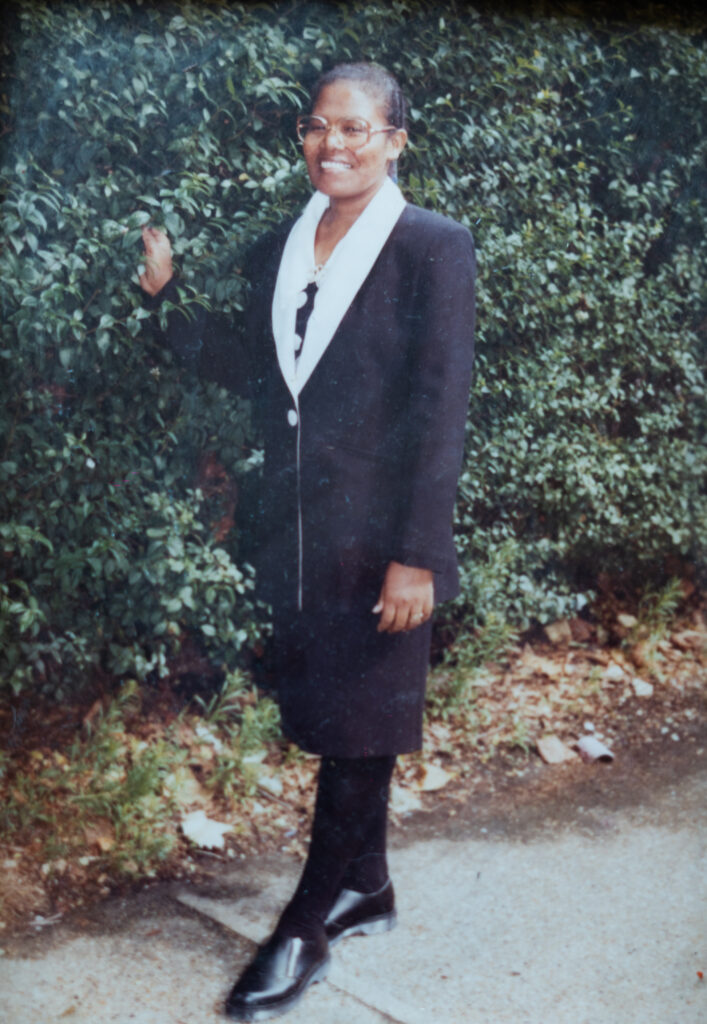After more than three decades of preserving the nation’s collective memory, Margot Thomas, Saint Lucia’s first and only National Archivist, has retired, leaving behind a monumental legacy.
Thomas transformed the Saint Lucia National Archives from an idea into a respected institution. She oversaw its formal establishment through government legislation and ensured that it operated in line with international standards.
Researchers were required to follow strict procedures for access, a reflection of Thomas’s commitment to professionalism and preservation. She also fostered a strong internal culture, implementing workplace development initiatives such as a weekly Review, Evaluation and Development session that emphasised teamwork and continuous learning.
Beyond the walls of the archives, Thomas brought history to the people through community outreach efforts, taking educational programmes into public spaces to raise awareness about the value of preserving national heritage.

Thomas had already served in education for 23 years before taking up archival work. “I was given the mandate to set up the National Archives in 1992,” she recalled, highlighting how she advocated for legislation to formalise and fund the institution.
Her tenure was marked by both challenges and triumphs, with financial constraints a constant hurdle. “The government did not put enough money into the archives,” she lamented. But she nonetheless raised the profile of the archives regionally and internationally, representing Saint Lucia and, by extension, small island states, with what she called “enthusiasm and passion”.
“People used to come up to me and say, ‘You’re speaking for us’. And I was,” she told St Lucia Times, reflecting on her legacy of advocacy and representation.
Thomas served on the International Council on Archives and CARBICA (the Caribbean branch of the International Council on Archives).
She even challenged the lack of Caribbean representation in global leadership: “I told them, ‘this is the International Council on Archives, but that’s not reflected at the head table’.”
She recounted moments where international delegates underestimated Saint Lucia’s archival standards. “Some researchers expected to walk in and browse freely,” she said, but under her leadership, the Archives maintained international protocols. “This is not a library; we have strict procedures,” she recalled telling one surprised visitor.
Her work also extended to shaping policy and consciousness around history and education. “We have to teach children our history, not just through colonial textbooks, but as our story,” Thomas said passionately, expressing concern over foreign cultural influence on Saint Lucian youth. She believes national identity must be nurtured through education, culture and values, not just economic metrics.
Now retired, Thomas isn’t slowing down.
She plans to open her own “History House” later this year, combining a museum, educational space and piano bar (with performances by her son, a talented pianist). “History includes the past, present and future,” she said, describing the project as a continuation of her life’s mission.
At heart, Thomas remains a teacher.
“I believe in lifelong learning and lifelong teaching. I may be retired, but I’m not going anywhere. I am a proud Saint Lucian, and I will continue to serve my country.”
According to a Facebook statement by the National Archives Authority, Patrick Freeman was announced as the new National Archivist.
“With over 30 years of dedicated service to the National Archives, Mr Freeman brings a wealth of knowledge, leadership, and vision to this critical role. We are confident that his leadership will greatly benefit the development and modernisation of the National Archives,” the statement read.




